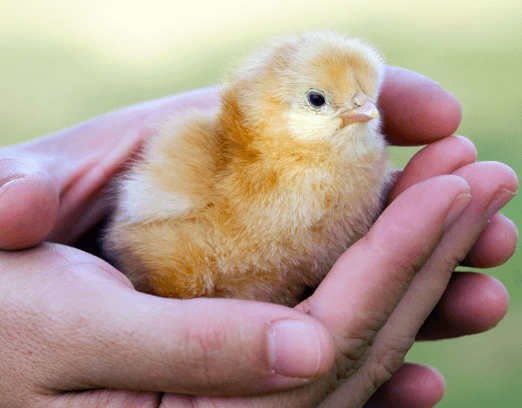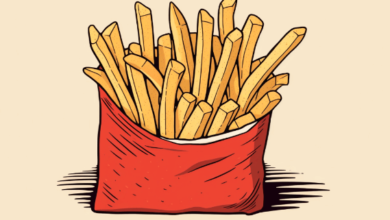Baby:4ejkik28m7u= Chicks

The emergence of baby chicks from their eggs marks a significant moment in the life cycle of poultry, embodying themes of renewal and independence. These delicate beings necessitate specific care to thrive, including a controlled environment and proper nutrition. Beyond their immediate needs, the act of raising chicks offers various benefits, from providing a sustainable source of eggs to fostering a deeper appreciation for agricultural practices. Yet, the responsibilities that accompany chick rearing extend far beyond mere sustenance—what implications do these responsibilities hold for individuals and communities alike?
Life Cycle of Baby Chicks
The life cycle of baby chicks begins with the fertilization of an egg, which subsequently undergoes a series of developmental stages culminating in hatching.
During incubation, the embryo develops, relying on the egg’s nutrients and warmth. This process typically spans 21 days, after which the chick breaks free from the shell, symbolizing the transition from vulnerability to independence, a critical moment in avian life.
See also: Art:W3iyabz_Vf4= Sketch
Essential Care Tips
Following hatching, ensuring the proper care of baby chicks is vital for their healthy growth and development.
Provide a warm, draft-free environment with a consistent temperature of 90-95°F for the first week.
Offer clean, fresh water and a balanced starter feed.
Monitor their behavior for signs of distress, ensuring social interaction, as this promotes emotional well-being and fosters a sense of freedom.
Benefits of Keeping Chicks
Keeping chicks offers numerous benefits, including a sustainable source of fresh eggs, enhanced connection to food sources, and opportunities for educational experiences in animal husbandry.
Additionally, raising chicks fosters a sense of responsibility and promotes self-sufficiency.
Engaging with these animals cultivates empathy and respect for life, empowering individuals to make informed choices about their nutrition and fostering a deep appreciation for agricultural practices.
Conclusion
The care and nurturing of baby chicks serve not only as a vital aspect of agricultural practices but also contribute significantly to the development of responsibility and empathy in individuals.
Remarkably, studies indicate that engaging with animals, such as chicks, can lead to a 40% increase in emotional intelligence among caretakers.
This connection underscores the importance of raising chicks, as they foster life skills while promoting sustainable practices.
Ensuring proper care for these creatures ultimately benefits both the individual and the environment.




